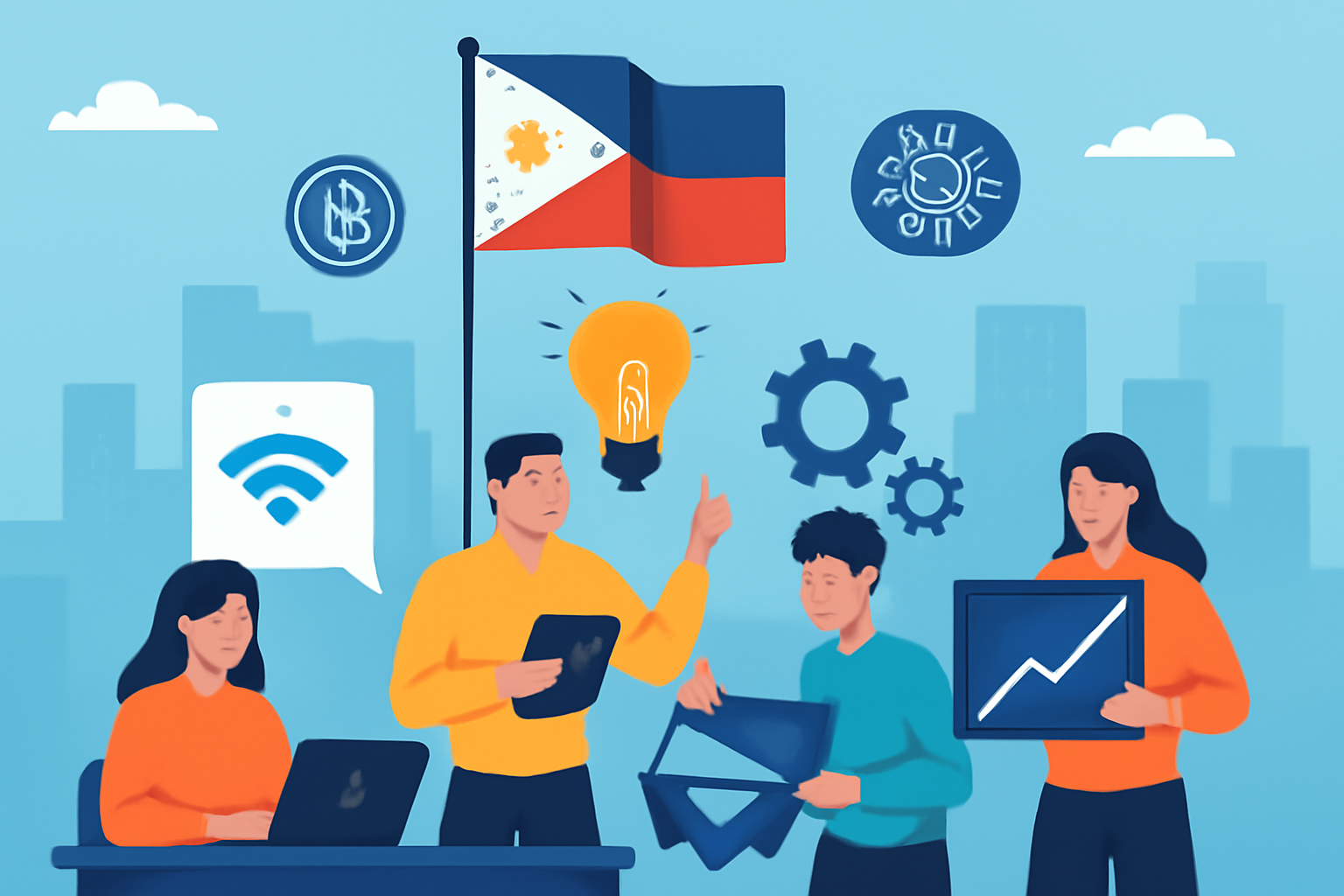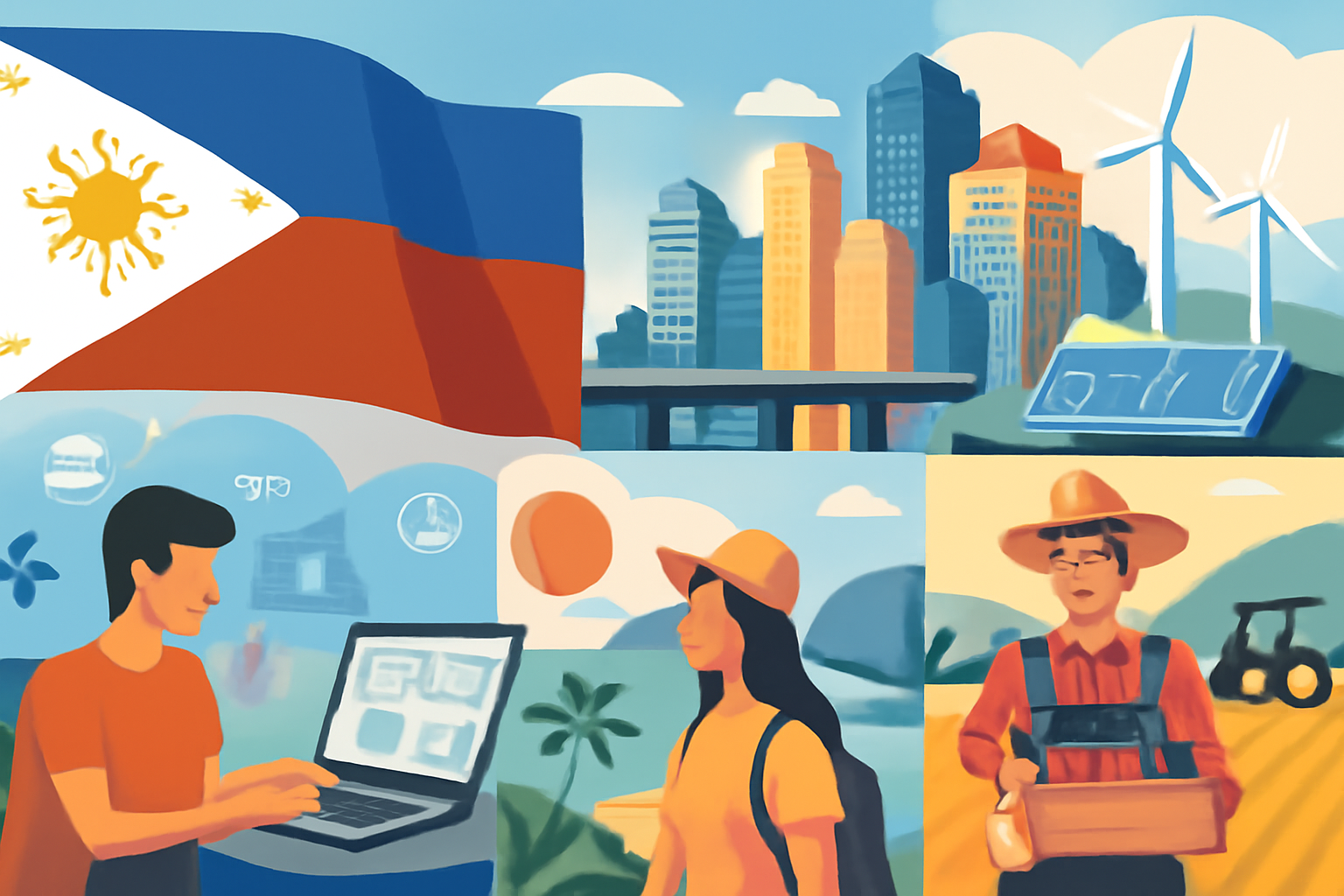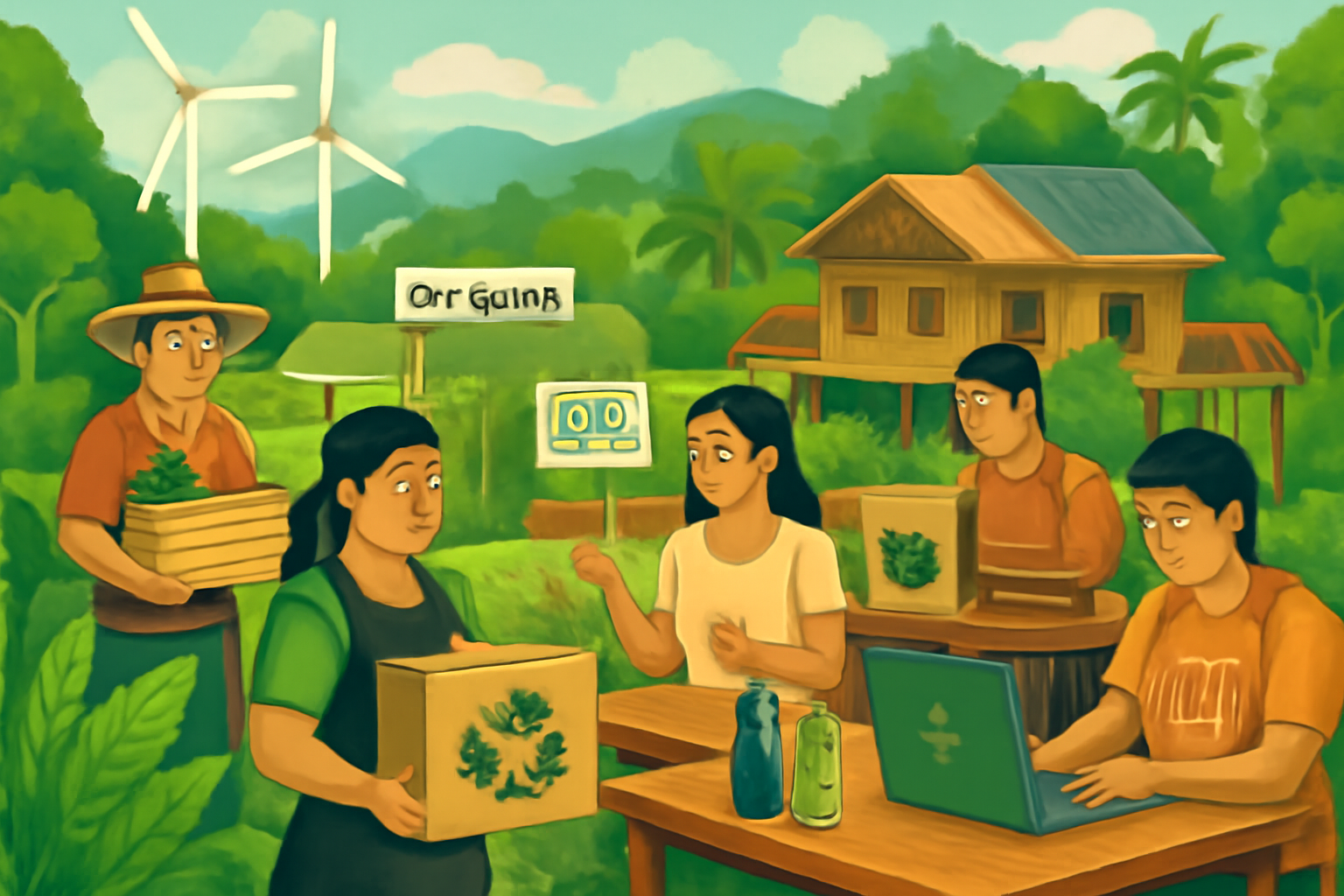The Philippines, long known for its outsourcing and BPO (Business Process Outsourcing) industries, is now rapidly transforming into a hub for technology and startups. With an increasingly tech-savvy population, a growing entrepreneurial spirit, and favorable government policies, the country is setting the stage for a robust tech ecosystem. This article delves deeper into the driving forces behind the Philippine tech scene’s growth, the emerging trends, key players, and the challenges that need to be addressed.
The Catalysts Behind the Startup Boom
One of the primary catalysts for the surge in tech startups is the Philippines’ highly connected and mobile-first population. Nearly 80 million Filipinos are online, and smartphones are widely used for everything from shopping to banking. The rise of affordable mobile internet and increased data penetration has created a fertile environment for digital services to flourish.
The government has played a pivotal role by establishing policies that promote innovation and startup growth. For example, the government’s “Philippine Startup Ecosystem Development Act” and initiatives like the “Startup Grant Fund” aim to nurture homegrown businesses. These measures make it easier for tech entrepreneurs to launch and grow startups.
Thriving Tech Sectors in the Philippines
Key sectors driving the growth of the tech and startup ecosystem include fintech, e-commerce, healthtech, edtech, and AI. These industries are attracting considerable attention from investors and have seen exponential growth in the last few years.
- Fintech: The fintech sector is one of the most successful and fastest-growing areas. Companies like GCash, PayMaya, and Coins.ph are at the forefront of this movement, bringing financial services to millions of unbanked and underbanked Filipinos. GCash, in particular, has evolved into a super app offering a range of services, from digital payments to insurance, loans, and investments.
- E-commerce: E-commerce in the Philippines has boomed, especially since the pandemic, with platforms like Lazada, Shopee, and Zalora seeing tremendous growth. These platforms have enabled small and medium-sized enterprises (SMEs) to tap into the online marketplace, revolutionizing shopping habits across the country.
- Healthtech: The healthcare industry is also seeing a digital transformation, with healthtech startups using technology to improve access to medical services. Platforms like KonsultaMD and MedGrocer are facilitating telemedicine and online pharmacies, addressing the challenges of healthcare access in rural areas.
Challenges Facing Philippine Startups
Despite the promising growth, Philippine startups face several key challenges:
- Funding Access: While the country has made strides in improving venture capital availability, early-stage funding remains a challenge. Many startups struggle to secure capital due to the relatively underdeveloped investment ecosystem.
- Infrastructure Gaps: While Metro Manila has a thriving startup ecosystem, the digital divide remains a problem, particularly in rural areas. Poor internet infrastructure and unreliable electricity supply hinder startup growth in non-urban areas.
- Regulatory Environment: The Philippines’ regulatory environment for tech startups can be cumbersome. While there have been improvements, navigating bureaucracy and obtaining necessary licenses can still be a time-consuming process for entrepreneurs.
Conclusion
The Philippine technology and startup industry is poised for continued growth, with increasing investor interest, government support, and a dynamic digital economy. However, addressing challenges such as funding access, infrastructure, and regulatory improvements will be key to realizing the full potential of the sector.













